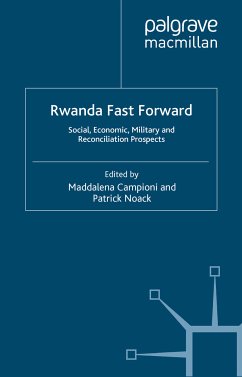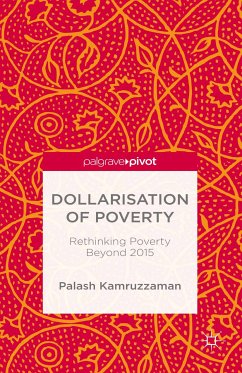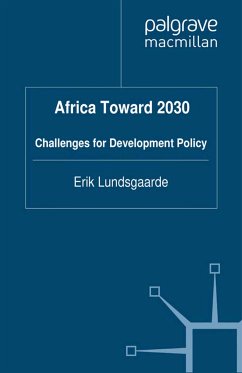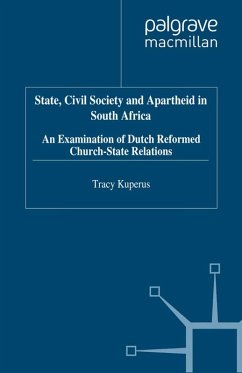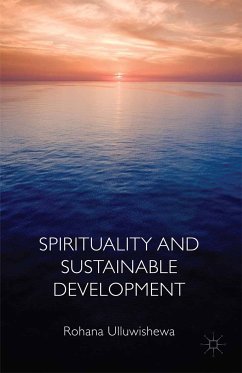Dieser Download kann aus rechtlichen Gründen nur mit Rechnungsadresse in A, B, BG, CY, CZ, D, DK, EW, E, FIN, F, GR, HR, H, IRL, I, LT, L, LR, M, NL, PL, P, R, S, SLO, SK ausgeliefert werden.
'A useful, balanced and wide-ranging contribution to our understanding of current developments in a country that continues to provoke heated debate between believers and non-believers.' - Filip Reyntjens, Professor of Law and Politics, Institute of Development Policy and Management (IOB), University of Antwerp, Belgium
'This is a complicated book about a complicated country. It goes beyond the usual polarisation of commentary on Rwanda, which pits the cynical against the starry-eyed, to explore the complex intersections of political and military power, ambitious government policy, regional conflict, shifting national and sub-national identities and vast economic opportunities. I found myself disagreeing with as much of the analysis as I agreed with - a testament to the diversity and subtleties of the authors' perspectives.' - Phil Clarke, Lecturer in Comparative and International Politics, School of Oriental and African Studies, University of London, UK

